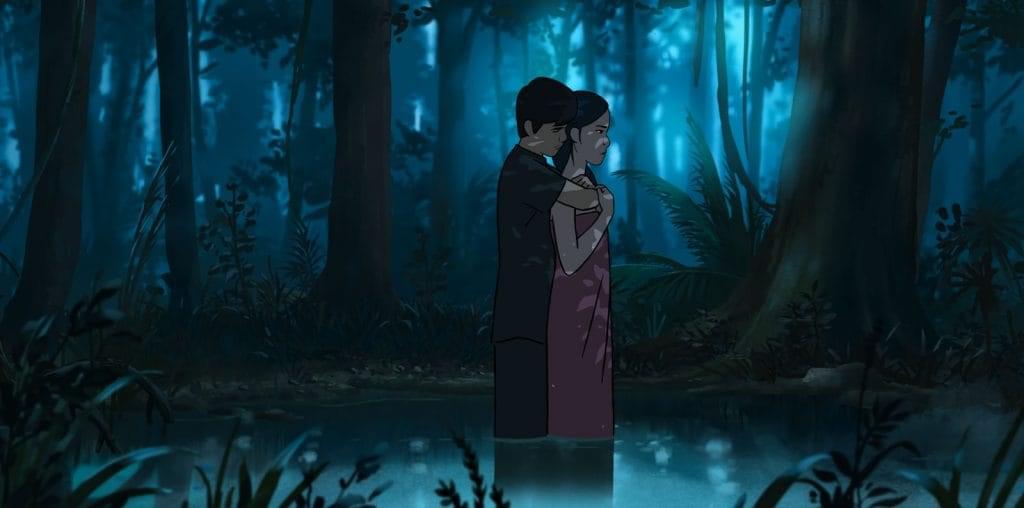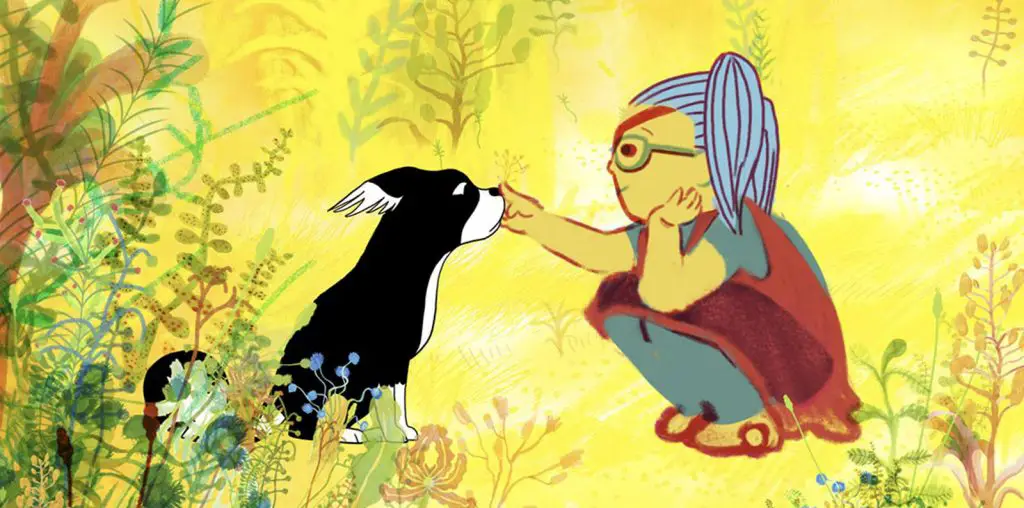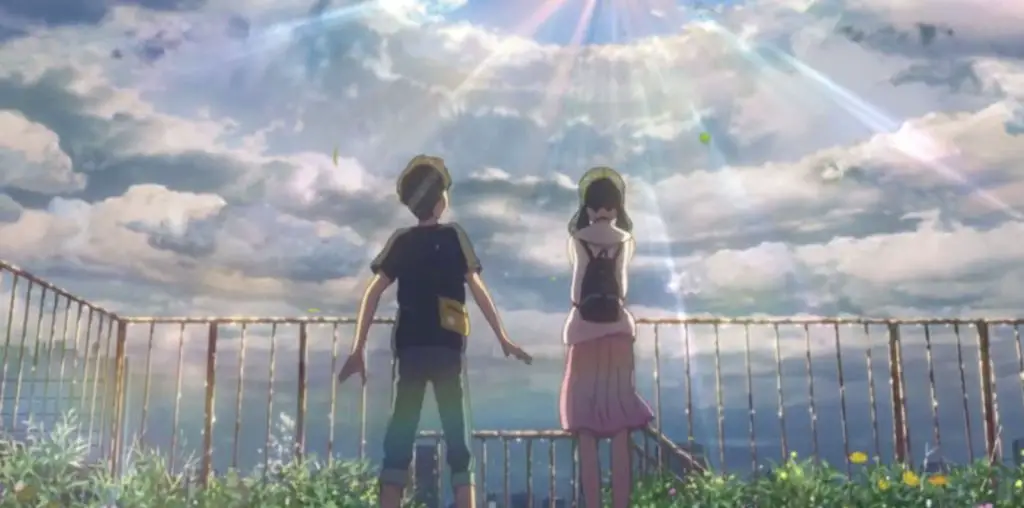
The power of poems must not be underestimated. They endure because they reveal aspects of ourselves, as well as convey entire worlds, via a few stanzas. Alexander Kronemer’s visually stunning Lamya’s Poem serves as a welcome reminder of the importance of these stories, for our past shapes our present, and perhaps there’s some wisdom to these age-old works that never seem to age. Poems can also help us escape from real-life horrors, their subtlety and/or magniloquence a welcome respite from the banality of evil.
Syrian refugee Lamya (Millie Davis), the hero of the movie, finds such escape – quite literally – in her favorite book of poems by 13th Century Persian poet Rumi. Lamya lives alone with her mother (Ayn Bryn) and is an excellent student, beloved by her teacher, Mr. Hamadani (Raoul Bhaneja). “Do you remember the first word of the revelation?” he asks her. “Read!” she answers enthusiastically. This becomes a kind of mantra throughout the narrative.
Before she knows it, as bombs explode outside her apartment windows, Lamya flees into the world of her book. She meets the flute-playing hero, Rumi (Mena Massoud), who, like her, is a refugee, escaping from the Mongols – depicted as an army of red-eyed hyenas riding war stallions, with dark, hellish weeds sprouting around them. From here on, there are two timelines. As the hyenas send fiery barrels onto Rumi’s sacred city, Lamya’s real-life city is bombed; as Lamya and her mother cross a stormy sea, Rumi weathers the heat of the desert; as Lamya’s one place of safety gets attacked in the epic finale, so does Rumi’s.
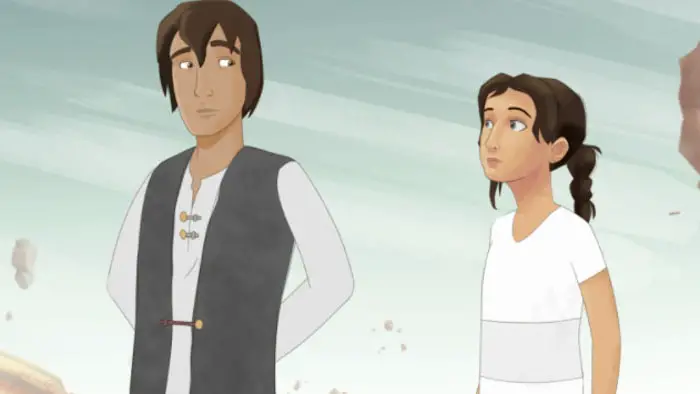
“…as bombs explode outside her apartment windows, Lamya flees into the world of her book.”
The love of books, specifically poetry, buoys Lamya’s Poem, carrying it through the drier patches of themes being spelled out. “Loss is the beginning of all spiritual journeys,” a character exclaims. “Hate can never defeat hate” is another example of the kind of philosophizing prevalent in Kronemer’s screenplay. A familiarity with Syrian history, books, and politics would certainly help put the proceedings into the proper context. While some may possess such knowledge, this particular poem is likely to fly right over younger kids’ heads.
The beautiful, understated animation goes a long way in livening up the proceedings. Lamya dreams of chasing fireflies – another repeated visual metaphor; crimson tendrils dominate most frames, representing the encroaching of evil; a giant serpent annihilates everything in its path. However, one 3-D-rendered horse comes galloping in straight from the uncanny valley.
Lamya’s Poem works splendidly as a visually stimulating depiction of a terrible, ongoing regime and the people who suffer it, and a colorful ode to poetry. Christopher Willis’s soundtrack adds both tension and a mythical feel to the story. The plot takes a while to get going, but once it hits its stride, Kronemer’s film becomes as beguiling – if not quite as laconic – as its titular poem.
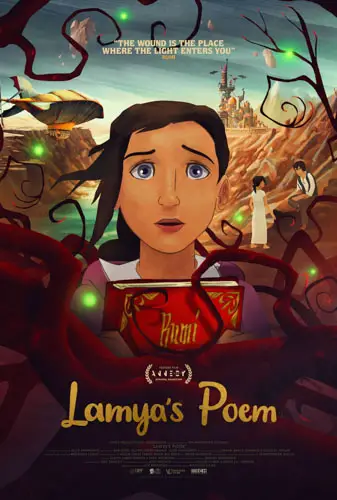
"…beautiful, understated animation goes a long way in livening up the proceedings."
